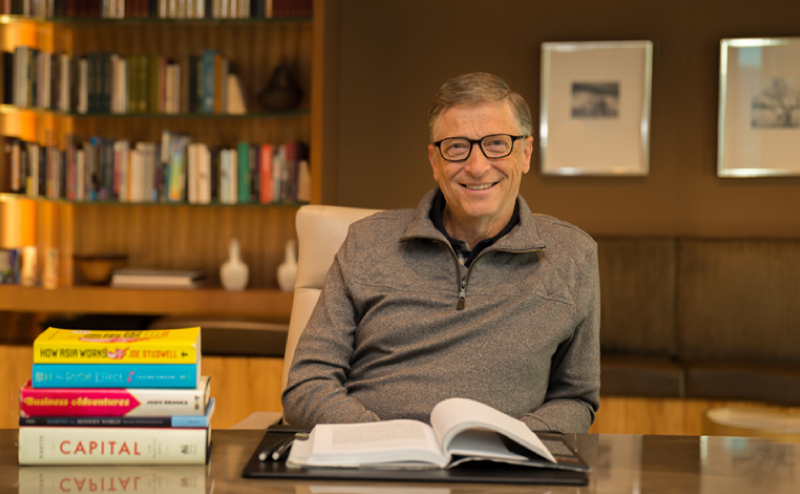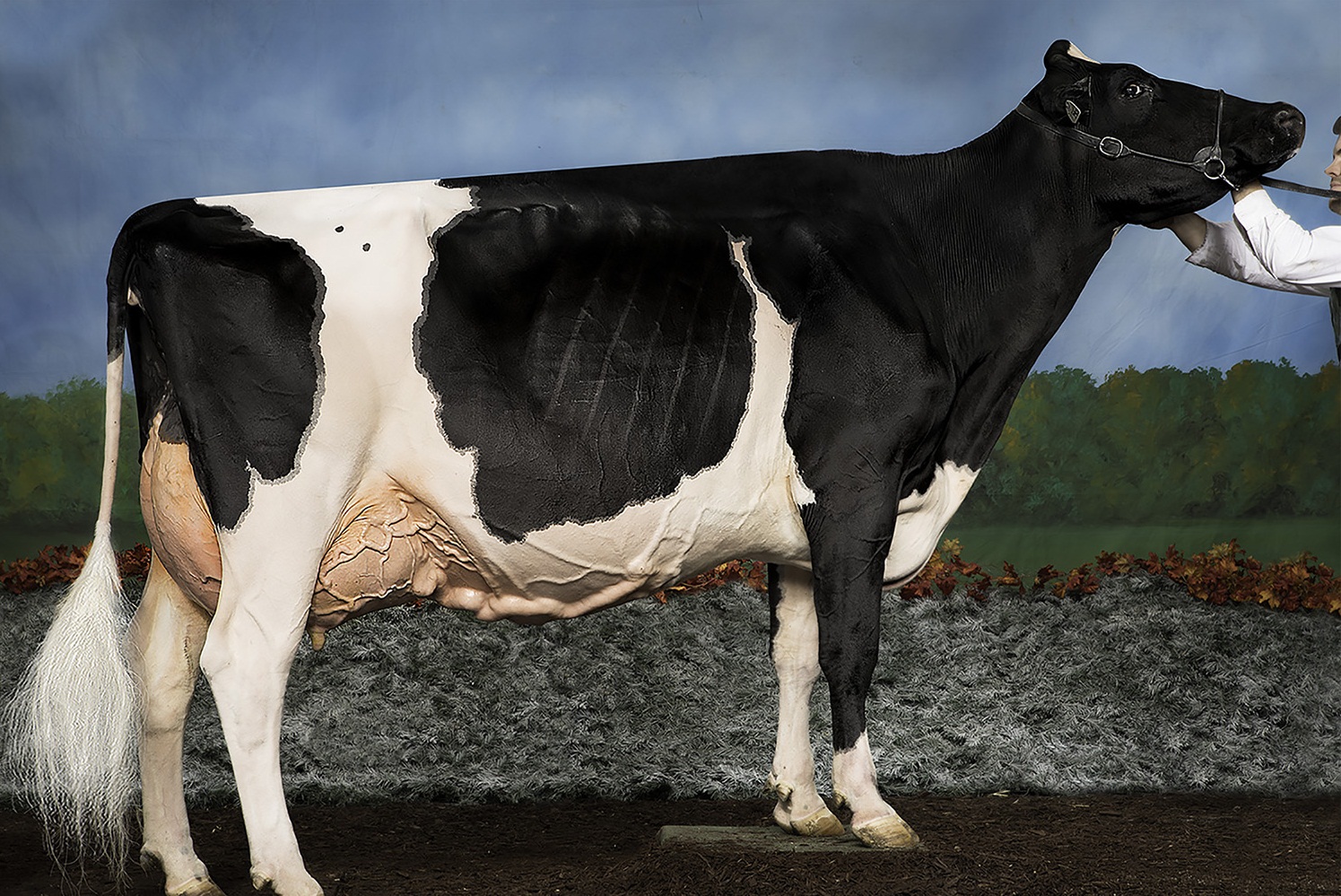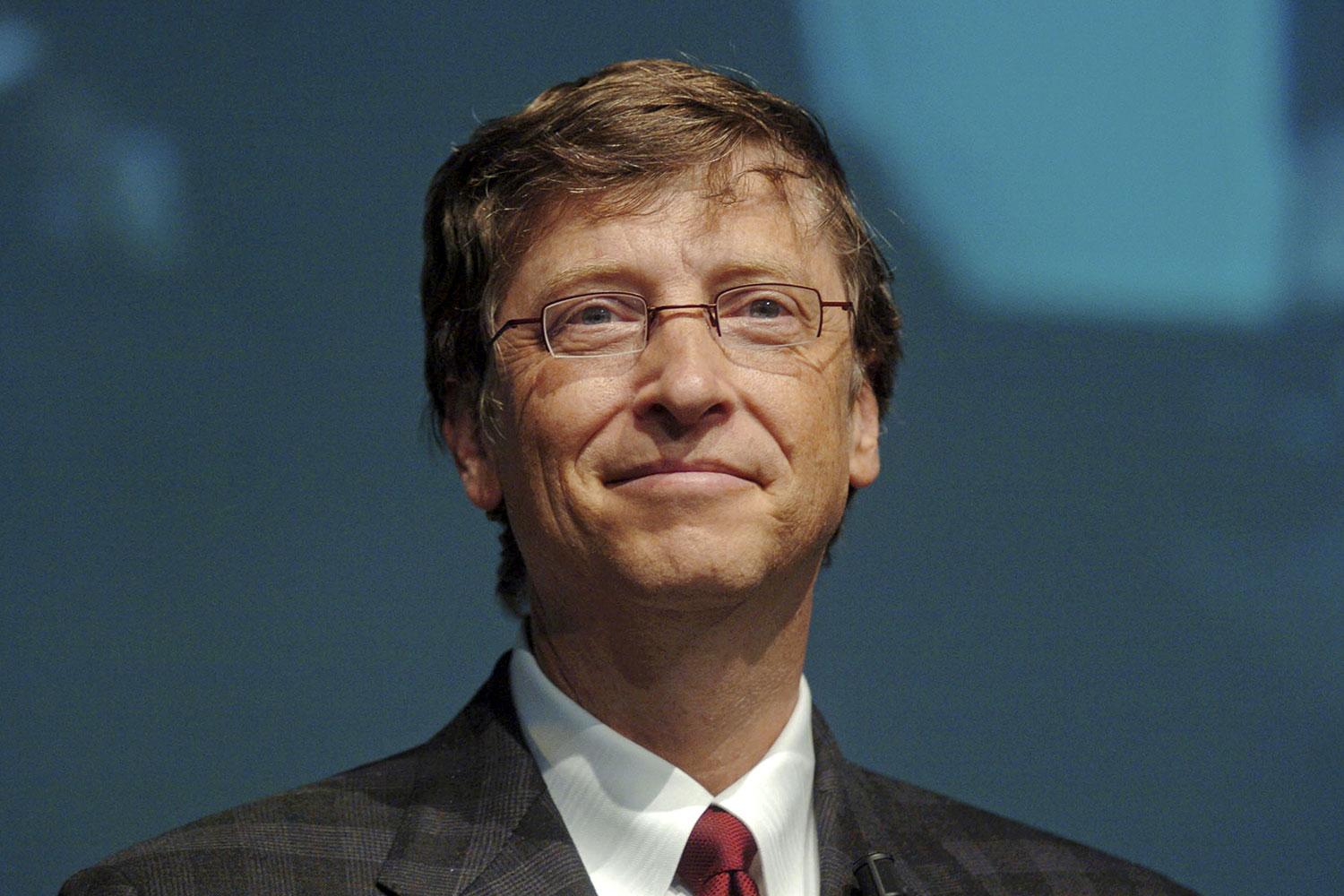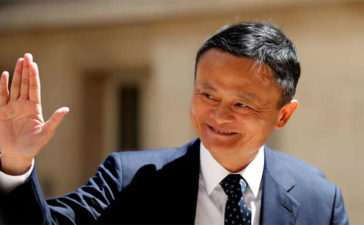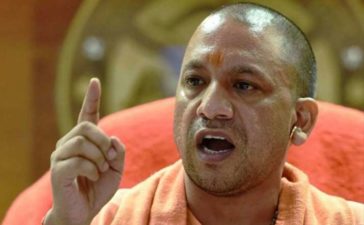Washington: The founder of Mircosoft company, Bill Gates is going to start a revolution in a new field of technology by doing biological research for creating a super cow to help end world poverty.
One of the richest people in the world, Microsoft founder and US industrialist Bill Gates is going to start a revolution in a new field. Bill Gates is working in the field of biological research these days. He is engaged in the project to make a super cow.
Billionaire Bill Gates – who Forbes says is currently worth a staggering $92.8 billion (£66 billion) – is known for his philanthropy, and for his latest move has pledged to donate $40 million (£28 million) into creating a super cow to help end world poverty.
According to international news agency, The Gates Foundation will pump $40m into research for higher-yielding dairy cows, as well as chickens that lay better quality eggs, livestock vaccines and ‘supercrops’ that can withstand droughts or disease.
These will help farmers in need across the globe – the International Livestock Research Institute says that there are 750 million people in low and middle-income countries who depend on livestock (cattle, sheep and goats) farming, which acts as a source of both nutrition and income.
“If you care about the poor, you should care about agriculture. And if you care about agriculture, you care about livestock,” Gates told an audience at the University of Edinburgh on Friday.
“What that means in this context is helping poor farmers get as much as possible out of their animals.”
Microsoft founder Bill Gates working on new technology to create ‘Super Cow’:
The input from Gates will be part of a a $174 million agricultural project with Britain’s Department for International Development. Through the supercows and supercrops and superchickens, the project hopes to help the poorest small-scale farmers across Africa and South Asia.
“Livestock is magical,” Gates also said, media reports. “You can sell the output and that’s money for school fees. You can keep the output and that’s diet diversification.”
“For more than a billion people living in the poorest countries, agriculture and livestock are a lifeline out of poverty. The science and research being led by the great minds here in Edinburgh are making huge strides in improving the health and productivity of livestock.”
He added: “The impact per dollar is super-high in this area.
“You can have a cow that is four times as productive with the same survivability. We could justify this on economic or health impacts – but we get both.”
He’s clearly thought about it a lot before, and has previously made links between poverty and farming. In a blog post he once explained that if he had to live on $2 a day, he’d raise chickens.
He wrote: “There’s no single right answer, of course, and poverty looks different in different places.”
“But through my work with the foundation, I’ve met many people in poor countries who raise chickens, and I have learned a lot about the ins and outs of owning these birds. It’s pretty clear to me that just about anyone who’s living in extreme poverty is better off if they have chickens.”


